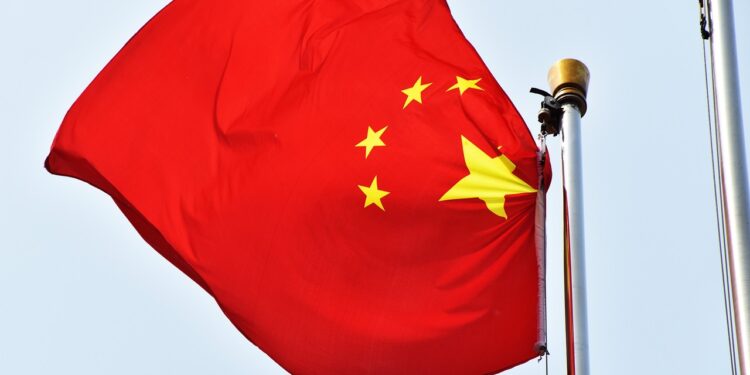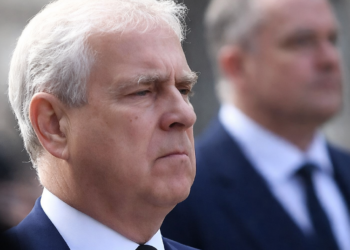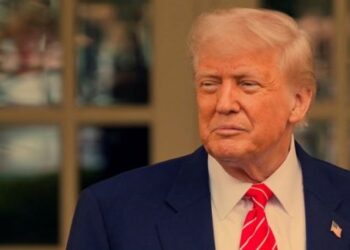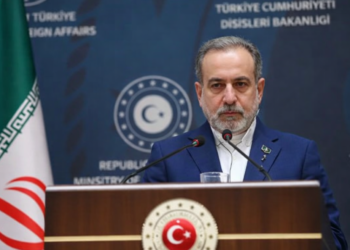With President-elect Donald Trump’s nomination of Senator Marco Rubio as Secretary of State, the U.S. signals a potentially more confrontational approach toward China. Rubio, a staunch China critic, could bring a sharp pivot from the Biden administration’s strategy of “managing competition” to a more assertive policy.
Why Rubio’s Nomination Matters
Rubio’s appointment hints that U.S. policy on China could shift beyond tariffs and trade to a comprehensive stance targeting China as a primary strategic rival. Known for his outspoken views on China, Rubio has consistently advocated for Taiwan, supported Hong Kong democracy, and called for sanctions on Chinese officials. These positions could lead to greater tension, especially as Trump has promised to remove China’s “most-favored-nation” trading status and impose hefty tariffs on Chinese imports.

Trump’s other appointments, including Representative Mike Waltz as National Security Advisor and John Ratcliffe for the CIA, further underscore a commitment to a hardline stance on China. Together, these choices suggest a pivot from engagement to confrontation on issues like China’s stance on Taiwan and the ongoing U.S. fentanyl crisis linked to Chinese sources.
How Rubio’s Appointment Could Impact U.S.-China Relations
Rubio’s outspoken positions have already earned him Chinese sanctions, and if confirmed, he would become the first U.S. Secretary of State subject to active travel restrictions by China. His past advocacy for visa restrictions on Chinese officials and his push to bar Hong Kong’s leader from the U.S. for the 2023 APEC summit indicate he may pursue further diplomatic and economic pressures on China.
China has refrained from directly commenting on Rubio’s nomination but has expressed a desire for “stable, healthy, and sustainable” U.S.-China relations.
The Bottom Line
Trump’s selection of Rubio as Secretary of State signals a major shift in U.S.-China relations, moving from cautious engagement to direct confrontation. As both the U.S. and China navigate this new phase, Rubio’s nomination may mark the beginning of a tougher, more uncompromising era in foreign policy toward Beijing.

















